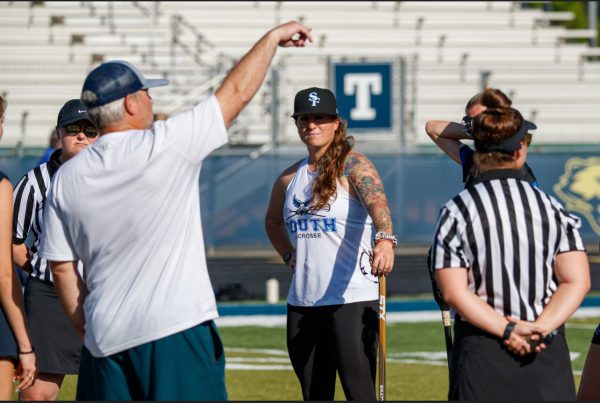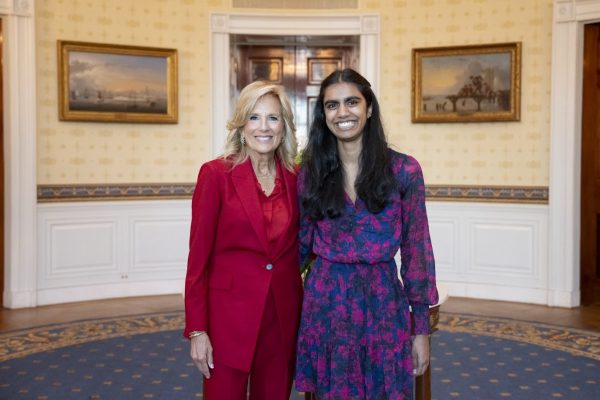Student OP-ED: Restrictions in the workforce
Dear Editor,
As a 17-year old woman of color with future ambitions to be an executive at a Fortune 500 company, I find the statements given by executives at FTSE companies in the UK justifying the lack of women executives in the boardroom to be outrageous and false, yet typical of men. These executives feel the authority to claim that women cannot handle the stress, do not have enough credentials, nor the experience to sit on male-dominated boards. As a woman, I want to say with my voice that they are incorrect. These men’s biased opinions regarding women holding executive positions in companies have been publicly revealed, and I believe this is both damaging to young women globally and should stop.
I am a woman in technology, and my goal is to become a business executive. As such, I am extremely frustrated by the claim that “There aren’t that many women with the right credentials and depth of experience to sit on the board,” and I believe the ignorance in these statements demonstrates that these men do not have enough “experience to sit on the board.” The Harvard Business Review has shown that men apply for a job when they meet only 60% of the qualifications, but women apply if they meet 100% of them. These men are also so bold to believe that “Most women don’t want the hassle or pressure of sitting on a board,” but I refute this claim and retort that maybe men just do not want to be challenged by successful women. It is men who have created the gender gap women face in companies. A Forbes article demonstrates that this imbalance stretches beyond the UK as women hold only 24% of computer science jobs and occupy roughly 11% of executive positions in Silicon Valley. When I reflect on how the opportunities for women are even fewer in third world countries, I feel even more motivated to be a part of a global movement for equality for women.
I believe these men are projecting their own insecurities on women when the say that “All the ‘good’ women have already been snapped up.” I believe there are several “‘good’ women [who] have [not] already been snapped up.” In fact, I could claim that I know some of these good women. I admire Reshma Saujani as one of those women. She was unable to pursue a career in her field, and as a result, she founded Girls Who Code: an organization that has supported my ambitions by allowing me to pursue an internship in the eleventh grade at State Farm Insurance. I believe in Reshma Saujani’s statement that, “The culture of tech companies cannot change if women aren’t in the room.” In fact, I intend to be one of those women.
I am not intimidated by these statements because I will not have men be the gatekeepers of my success. I instead look up to influential women in my life as a motivation for my future. I strongly believe that it is women who should elevate other women. I want to be a part of the solution which is why I run my own mentorship group, Fearless Females, where I am mentoring girls in my community that are interested in business and computer science. I believe that when you tell a young girl that she can do something, nothing can stop them. I hope the work that I do will be passed onwards to continue to elevate women. I am an example of this as it was my 7-week Girls Who Code Summer Immersion Program that motivated my passion about gender inequality in business.
I want to call out to other women executives to serve as mentors for young women and to instill in them the confidence that I have to rise above baseless statements made by men. I hope to one day be able to continue the work that I am doing with Fearless Females as an executive.










